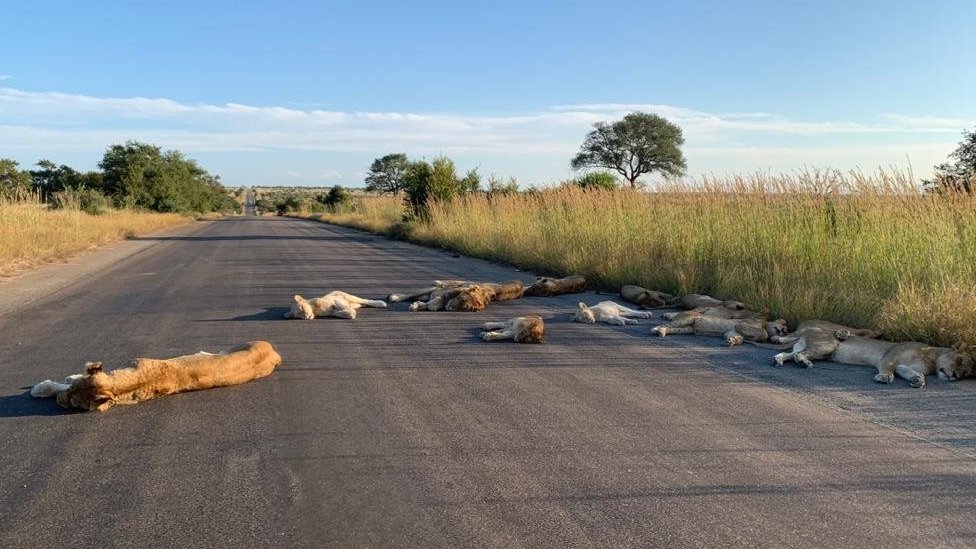For over some months, there has been a heavy heat wave that has swept over Uganda with little or no rain at all, and in some cases there is a severe drought in most districts.
The climate change in the region has come to be due to mishandling of the many natural resources Uganda has, and it is predicted to get even worse than it already is by experts.
When it is very hot, the heat becomes quite dangerous for nature among which human beings and animals are.
Long exposure to hot temperatures can lead to a condition known as heat exhaustion which can be simply explained in two terms: water depletion where your body loses the biggest percentage of fluids, and salt depletion where the levels of sodium in your body decrease drastically.
It is important to note that heat exhaustion usually leads to heat stroke, and the latter is more dangerous since it cause brain/ vital organ damage or even death if not taken care of in the early stages.
There are several symptoms of heat exhaustion in human beings:
- Dehydration
- Perched lips
- Dark colored urine
- Dizziness
- Fatigue
- Headaches
- Rapid heartbeat
- Fainting
- Excessive sweating
Heat exhaustion easily accelerates heat related illnesses especially in seniors pregnant women and infants; although when one has heart issues and unstable pressure heat exhaustion can be very detrimental.
Treating heat exhaustion depends on how extreme the case is; if the case is quite beyond home methods, it is advisable to seek professional medical help whilst keeping the patient in a cool environment.
When the situation is not as extreme, you can use some of the methods below:
- Take a very cool shower.
- Don’t over exert yourself.
- Drink a lot of cool fluids but keep away from alcohol and hot beverages.
- Apply cold towels or use fans/ air conditioners.
How does one prevent heat exhaustion whilst living under hot weather conditions?
- Keep dehydrated and drink enough water
- Avoid doing heavy work
- If you can avoid movement, do it.
- Exercises should be put on hold especially if you easily get affected by the heat.
- Dress accordingly; this means that tight clothes and heavy materials that retain heat should be highly avoided.
- Consume cool things such as ice cream, popsicles and iced tea since they help regulate your body temperature
- Move with wet wipes for situations where you can’t avoid being outdoors.
- Keep up on your swimming abilities and if you can’t swim, waddle in the shallow end especially on days when it’s too hot indoors.
- Invest in cooling appliances such as; fans and air conditioners.
- Shower cold water.
If you are to travel; you can take night buses, check for air conditioners, pack light clothing and swimming pools.
Remember, your body is all you have so keep it as safe as you can when such situations arise.




